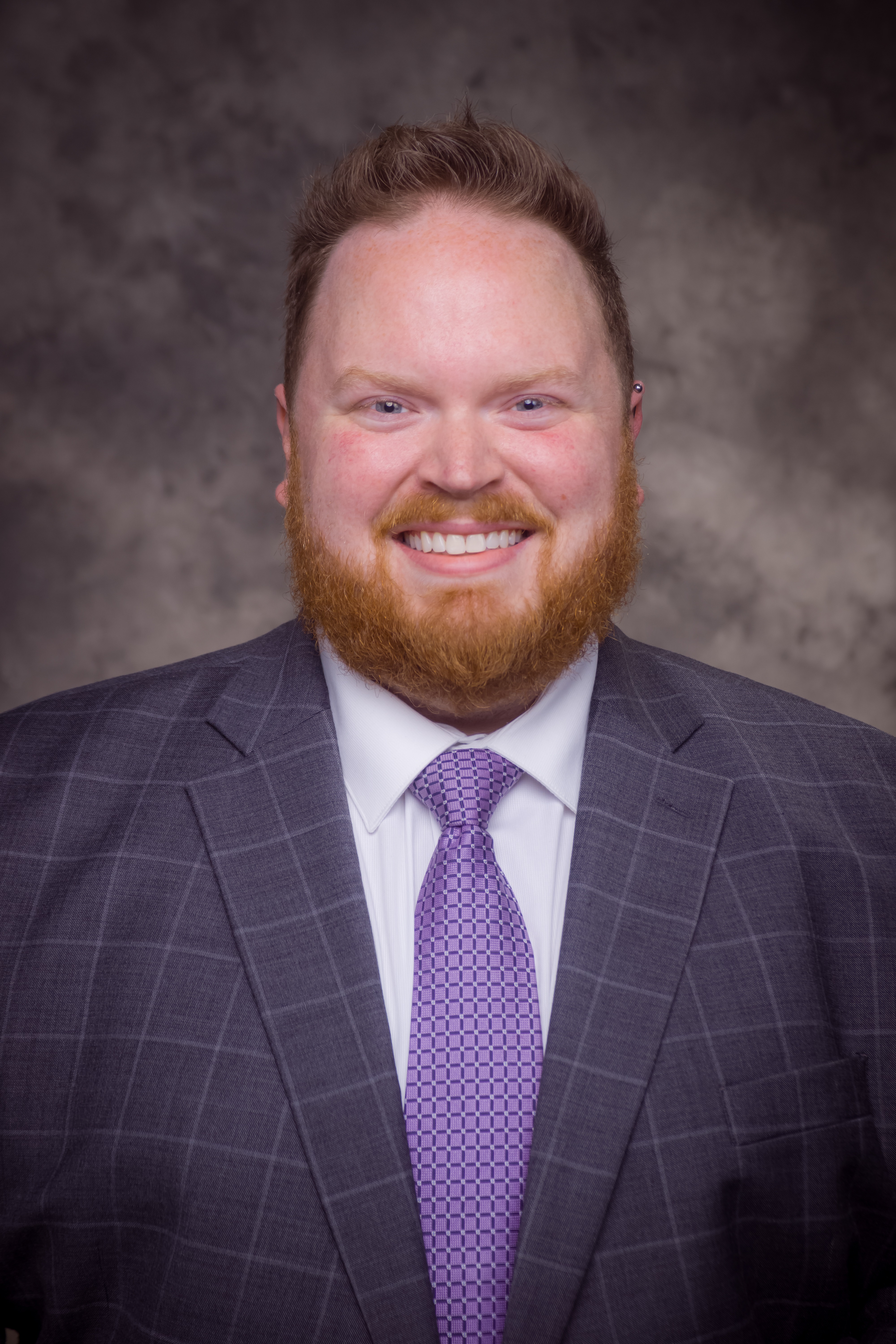Get in touch: (800) 551-3410

By Juris Education Interview Team
Dr. Benjamin L. Davis is Assistant Professor of Communication & Director of Forensics at Truman State University.
In general, participating in collegiate speech and debate gives students the foundation they need to be successful in any career they choose after graduation—effective research, communication, argumentation skills, teamwork, and learning how to take wins and losses with class. More tangibly, and on our team specifically, students use team participation to supplement their strong academic endeavors. We offer students the chance to compete in both speech and debate events, and many team members participate in both categories in order to build a repertoire of varied talents. Our team also takes pride in our team spirit—Go Dawgs!—in addition to our collaborative team culture and appeal to a diverse range of student demographics.
Many think that to be a good speaker you can just "fake it 'till you make it," but that concept can really only get you so far. It takes dedicated preparation to be a confident speaker. We teach members of our team how to adapt their messages to different audiences, and that of course takes time. But for those students willing to put in the time to work with their coaches and peers and listen and adapt to feedback, their messages tend to be much better received in competition, and that rewarding validation itself can provide a positive boost to students' self-esteem. Collegiate forensics reinforces for students the popularized notion by Benjamin Franklin, that "If you fail to plan, you plan to fail." Confidence is built by setting goals, trusting in the process, and believing in the work you've done.
Absolutely! In fact, nearly 80% of our team are Political Science majors and we've had many team alumni go on to law school and become lawyers in the KC and St. Louis areas after graduating from Truman. By competing on a collegiate speech and debate team, students develop higher academic literacy that is impressive to both employers and law schools. Forensics students also learn how to construct messages to tell good stories, support claims they make by interweaving credible sources and literature into their rhetoric, and become exceptional advocates for both themselves and others by addressing the ways in which people are harmed by things that go on in the world every day.
Give it a try! You'll find that participating on a speech and debate (forensics) team is high work for high reward. You'll also find a group of people that definitely have similar interests as you and you'll get the chance to develop friendships with your peers and coaches that could last well into your adult life. On top of the skills mentioned previously, collegiate forensics gives you the ability to meet a wide range of people from other colleges and universities, see places you've potentially never seen before, and hear (and speak on!) topics that matter to you and many people around the world.
Juris Education is proud to interview experts like Dr. Benjamin L. Davis to help future lawyers understand the benefits of extracurricular involvement in college. For tailored guidance throughout your application process, law school admissions consulting can offer the strategic insights you need. Learn more about how our experts can help you get into law school today.